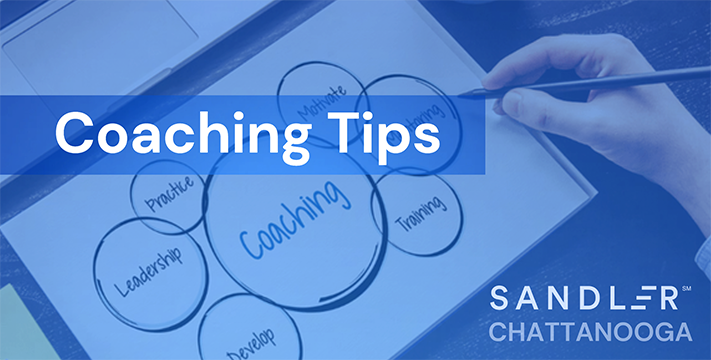There is no universal sales coaching model—only approaches that work in specific situations. As a coach, your job is to identify each salesperson’s unique “success code” and use it to unlock their full potential. Here are five proven strategies for effective sales coaching.
1. Meet Them Where They Are
Improving performance starts with understanding each salesperson’s current skill level, knowledge of key behaviors, and self-awareness in the sales process. Coaching must focus on their present abilities—not where you think they should be. It can be frustrating when a salesperson hasn’t yet developed certain skills, but effective coaching means guiding them at their pace.
2. Choose Your Language Carefully
Both verbal and nonverbal communication play a major role in coaching. Effective coaches read body language and tone to gauge engagement. Salespeople must see coaching as a tool for success rather than a corrective measure. Coaching works best when salespeople feel safe enough to be open and vulnerable. Carefully chosen language—both spoken and unspoken—helps break negative patterns and foster growth.
3. Create a Safe Coaching Environment
Coaching thrives in an open, honest setting where feedback is constructive, not critical. Too often, managers mistake coaching for training and use it as a way to “fix” performance issues. Training introduces new skills, while coaching helps salespeople apply existing skills more effectively. A safe environment encourages real improvement.
4. Establish Clear Expectations
Every coaching session should start with an Up-Front Contract—a discussion where both coach and salesperson set clear ground rules and an agenda. This keeps the session focused and productive. Time commitments should be agreed upon upfront to ensure consistency and accountability.
5. Focus on Three Key Elements
Every session should address:
- What: The purpose of the coaching session
- Why: The reason it’s necessary to achieve the goal
- Importance: How it impacts the salesperson’s success
Salespeople, like prospects, are far more likely to engage when they understand how they personally benefit. Clearly connecting coaching to their success increases buy-in and long-term growth.
By making coaching a regular part of your culture, you’ll see lasting improvements in performance, engagement, and overall sales success.






